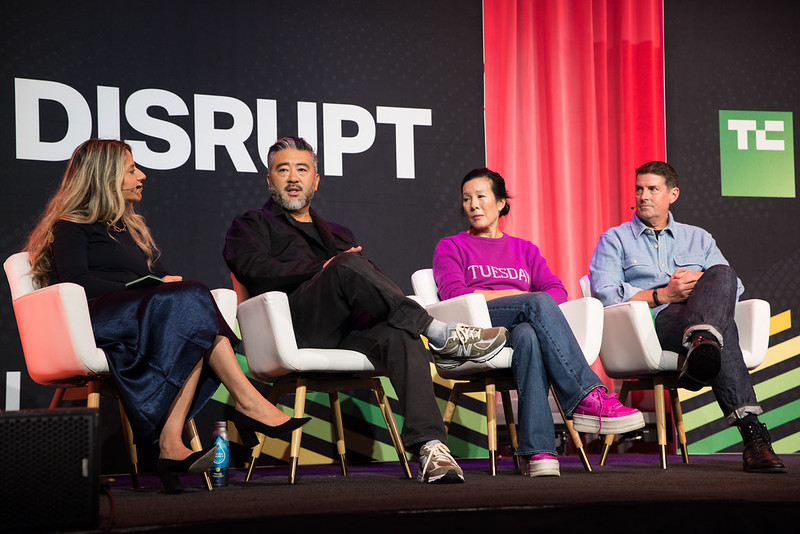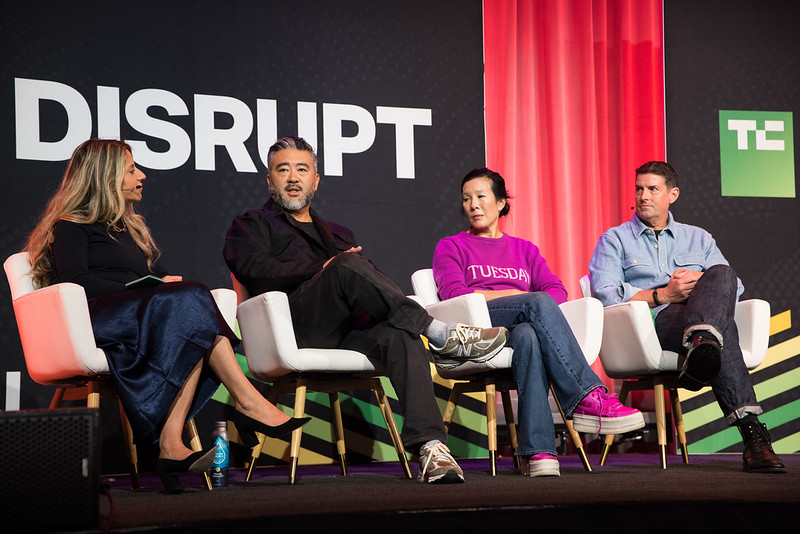Key Points
- VCs say AI investing now follows a new algorithmic approach.
- Aileen Lee calls the era a “funky time” for AI startups.
- Key evaluation factors include data generation, moat strength, founder track record, and technical depth.
- Seed‑stage companies face the same rigorous scrutiny once reserved for later rounds.
- Go‑to‑market execution is seen as essential, but strong technology remains necessary.
- OpenAI and Anthropic set a high bar for product speed and quality.
- The AI sector remains early‑stage, leaving room for challengers to unseat incumbents.

Changing Investment Criteria for AI Startups
Venture capitalists agree that backing AI companies now demands a different approach than previous technology waves. Aileen Lee, founder and managing partner of Cowboy Ventures, told a TechCrunch Disrupt audience that the era is a “funky time” for AI investing. She explained that the old rules have shifted because many AI firms can jump from “zero to $100 million in revenue in a single year.” This rapid scaling forces investors to look beyond conventional revenue milestones.
Lee’s firm has identified a new set of variables that shape investment decisions. These include whether a startup is generating valuable data, the strength of its competitive moat, the founders’ past accomplishments, and the technical depth of the product. She likened the evaluation process to an algorithm with different coefficients, suggesting that each company’s unique profile leads to a distinct outcome.
Seed‑Stage Scrutiny and Go‑to‑Market Emphasis
Jon McNeill, co‑founder and CEO of DVx Ventures, echoed the sentiment that Series A investors are now applying rigorous standards to seed‑stage companies that were once reserved for more mature businesses. He noted that even startups that quickly grow to $5 million in revenue often struggle to secure follow‑on funding. McNeill emphasized that investors are focusing heavily on a startup’s ability to attract and retain customers, arguing that go‑to‑market execution has become a critical differentiator.
Steve Jang, founder and managing partner of Kindred Ventures, offered a nuanced view. While acknowledging the importance of go‑to‑market strategy, Jang cautioned against the notion that mediocre technology can be compensated solely by strong marketing. He asserted that successful AI firms need both solid product fundamentals and effective sales and marketing tactics.
Industry Leaders and Competitive Landscape
The panel also referenced the pace at which leading AI organizations such as OpenAI and Anthropic are shipping new features. Lee warned that emerging startups must match this speed and quality to stay competitive. Despite the intense pressure to innovate, the speakers agreed that the AI sector is still in its early stages, with no clear, outright winners in large‑language models or related technologies.
This openness creates opportunities for newer entrants to challenge established players, whether those are decades‑old corporations or fast‑moving newcomers. The consensus among the experts was that the evolving investment framework, combined with a dynamic competitive environment, will shape the next wave of AI innovation.
Source: techcrunch.com
